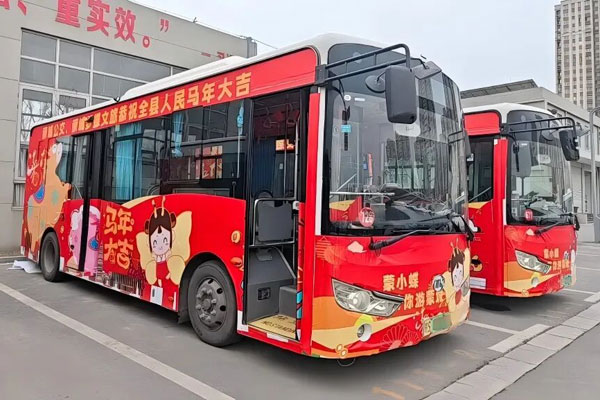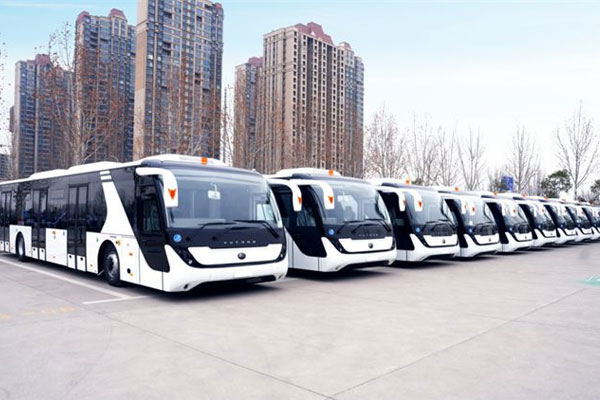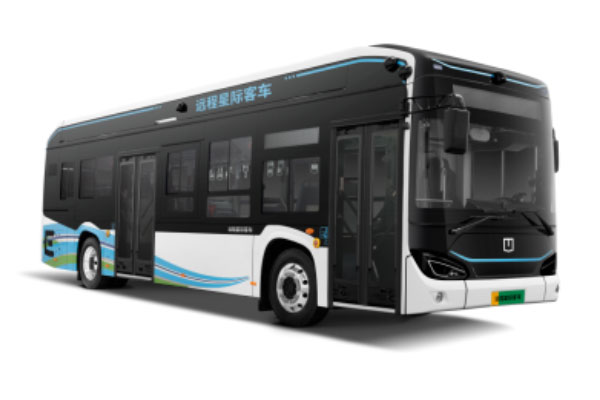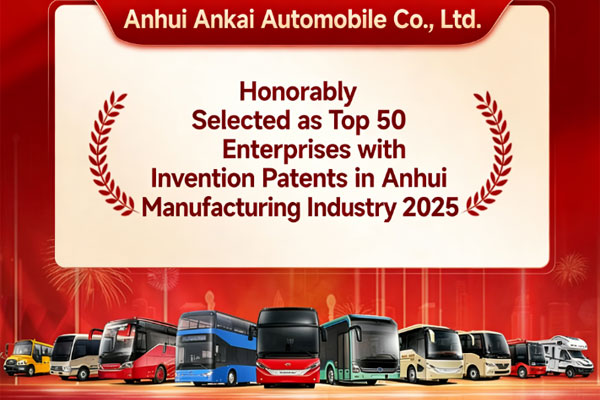Relieved Car Makers See Few Signs of Global Recession in China
06 May 2009
There were few signs of the global economic crisis or tumbling car sales in western markets during the opening days of the Shanghai auto show this week.
This year's event runs from April 20-28, and so far has been a hive of activity, with foreign and local car makers trying to outdo one another with their presentations and new model launches.
Displays and marketing by local players are "extremely impressive," said Bryce Whitwam, Shanghai-based general manager of Wunderman, which works with Ford Motor Co. in China.
"They are starting to give the international players a run for their money. From a product perspective, there's still a gap. They have a tough sell to convince Shanghainese to buy local brands."
Car makers' enthusiasm is unsurprising. After car sales growth started to slip dramatically in the last half of 2008, the Chinese government stepped in with a stimulus plan, offering tax cuts and rebates on purchases of small, fuel-efficient cars. The plan ignited sales and millions of white-collar workers and young families traded in bicycles for cars.
While sales in the U.S., Europe and Japan are suffering, China is still setting records. Car sales reached a new high of 1.1 million units in March 2009, up 5 percent from the previous record of 1.06 million in March 2008, according to the China Association of Automobile Manufacturers. March was the third straight month that China has topped the U.S. in vehicle sales, making China the world's largest car market.
Based on the activity at the Shanghai auto show this week, the sales isn't going to slow.
China's car market "still has lot of potential," said Shanghai-based Klaus Paur, auto director, China & North Asia at research company TNS. "Consumers have more confidence and are no longer postponing the purchase of a new car. Also, China's economy is doing relatively well, at least compared to mature markets."
Booths for foreign brands like Volkswagen, Land Rover and Lamborghini stood out for their size and special effects, but for the first time the focus is on local companies.
"Chinese domestic car manufacturers are really presenting themselves with a lot of self-confidence, a very impressive aspect of this year's show," Paur said. "When you see [local brands like] Chery with big stands in the same hall as Mercedes-Benz and Ford and Geely in a hall with the joint venture manufacturers, that really says something about how they've changed."
Once known for producing shoddy, inexpensive copies of western cars, local companies like Zhejiang Geely Holding Group Co., Chery Automobile Co. and Shanghai Automotive Industry Corp. (SAIC) are turning into nimble, even innovative competitors.
Their products will span the entire range of light passenger vehicles, from pickups, vans and SUVs, to hatchbacks and a limousine. SAIC, for instance, is debuting an electric version of the Roewe 750 this week, as well as a hybrid Roewe model and concept cars under the Roewe and MG brands. SAIC created the Roewe brand to use on cars based on the MG Rover technology it bought in 2005.
Another surprise at this year's show was the number of luxury car companies debuting models in Shanghai, "which shows they have a lot of confidence in China and its growth potential," Paur said.
Porsche unveiled the four-door Panamera on April 19. Porsche's first-ever sedan and first model introduced at an auto show outside Europe or the U.S., the Panamera has a sticker price as high as $366,000 for the V-8 engine turbo version, including import duty and heavy taxes on cars with large engines.
Despite the pricey new model and falling sales in the West, Porsche is optimistic about China, where its sales more than doubled to about 7,600 cars for the year ended July 31, 2008.
Source : internet
Views:3354








